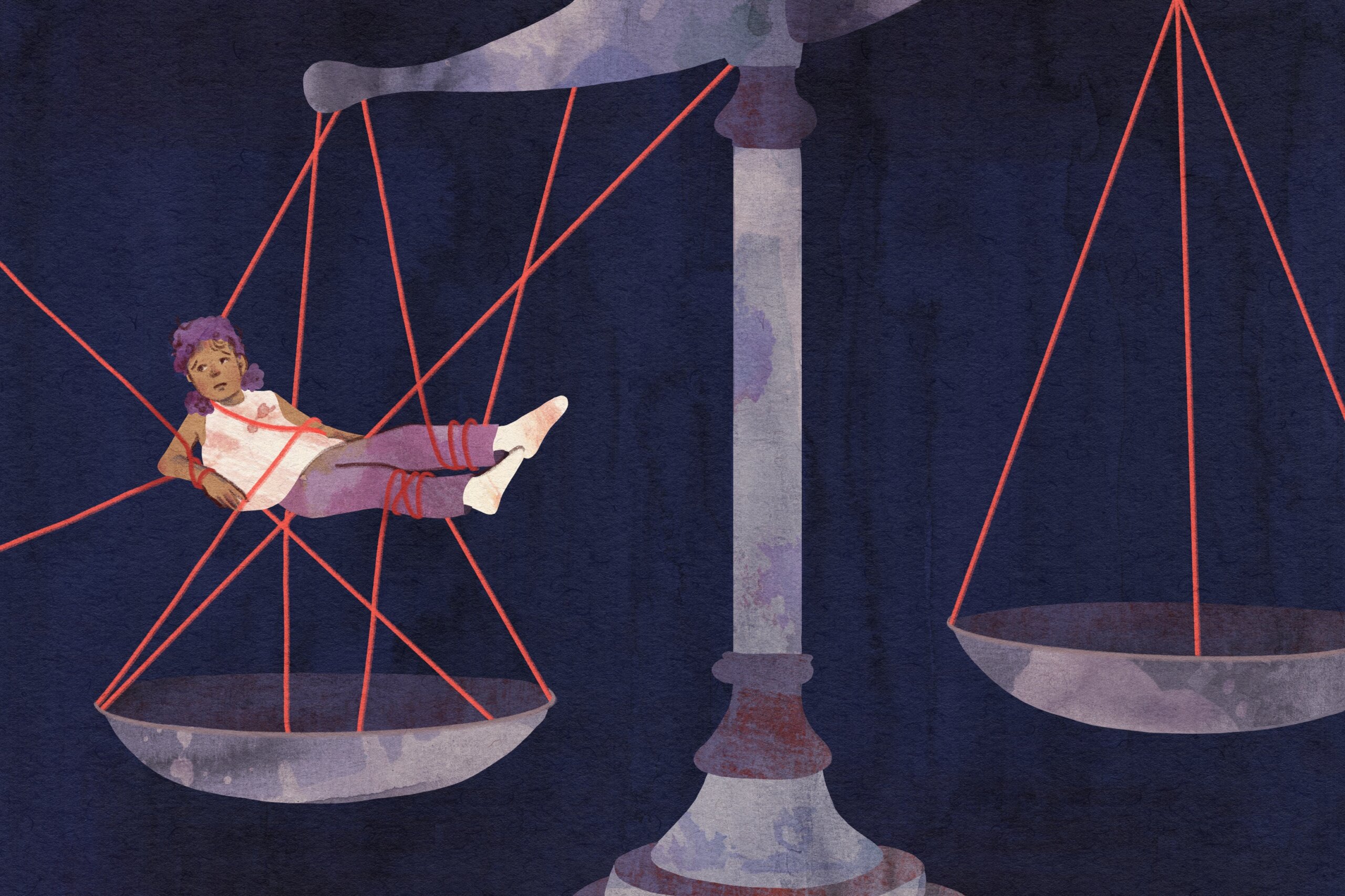
"Albright knows how easily courtroom questioning can twist the truth back onto the child. She witnesses young people freeze mid-sentence, seem inconsistent, or shut down under the weight of cross-examination. "To be questioned in a way where you feel like the most intimate details of your life are being picked apart is excruciating," she says. "You have the trauma of the abuse you went through, and then you have the trauma of the court process.""
"Most days, she's on Ontario's Superior Court and Court of Justice, sitting shoulder to shoulder with them as they testify. But the overall image is always an arresting one: young people answering questions they wish to never be asked, in rooms built for adults, with rules that feel like tests. They're told to speak clearly. To be precise. To repeat the worst parts once again. Sometimes, the person they're speaking about is sitting just a few feet away."
Alison Albright provides in-court support to child victims in Toronto, accompanying children as young as three while they testify in Ontario's Superior Court and Court of Justice. Courtrooms are adult-oriented spaces with rigid rules that require clear, precise repetition of traumatic events, often with alleged perpetrators nearby. Intense questioning and cross-examination frequently cause children to freeze, appear inconsistent, or shut down, compounding the original abuse trauma. Albright's formal role ends with courtroom support, leaving victims without coordinated post-trial therapeutic care. Responsibility for victim services is fragmented across governments, and available counseling options vary, leaving a persistent gap in aftercare.
Read at The Walrus
Unable to calculate read time
Collection
[
|
...
]